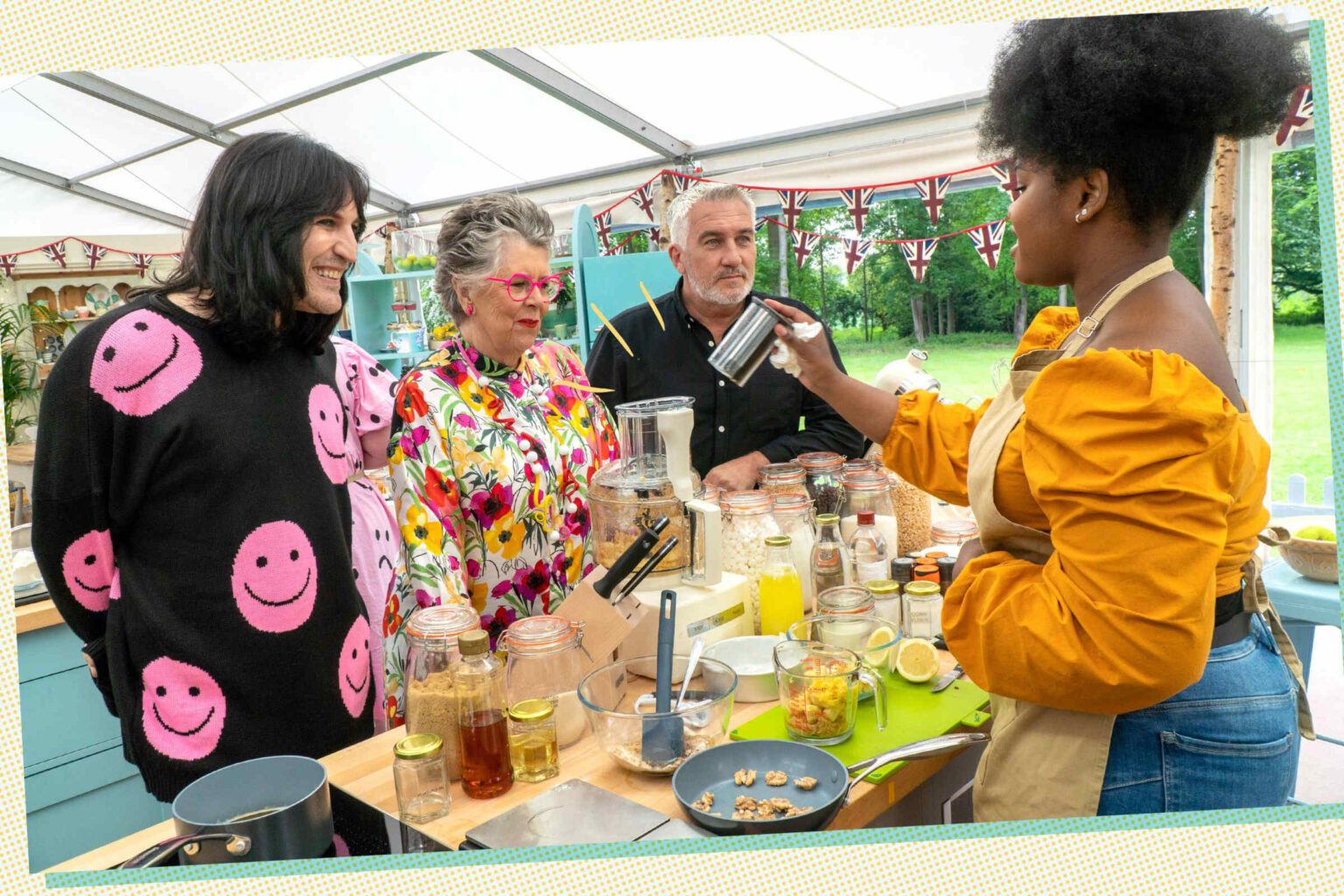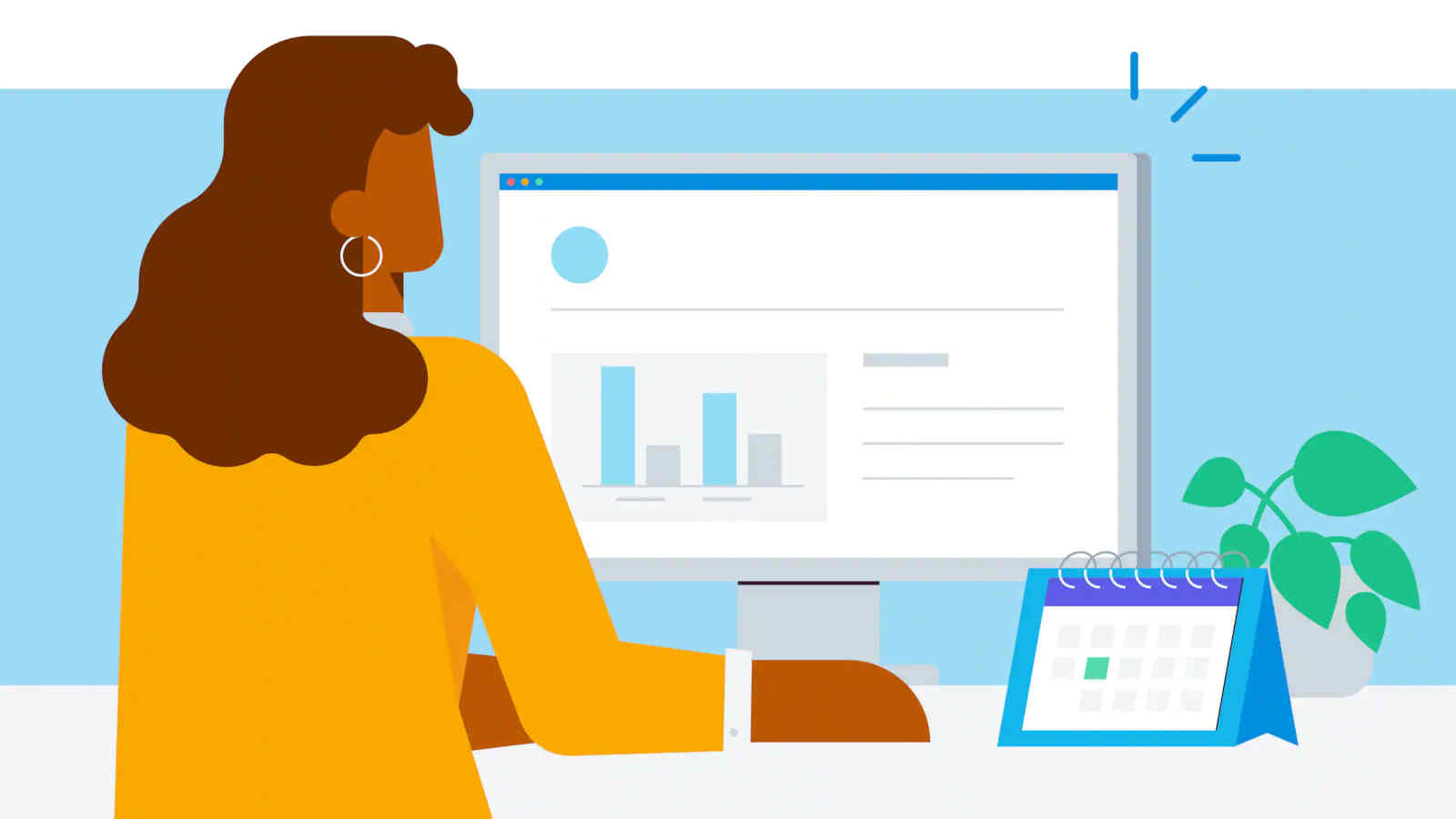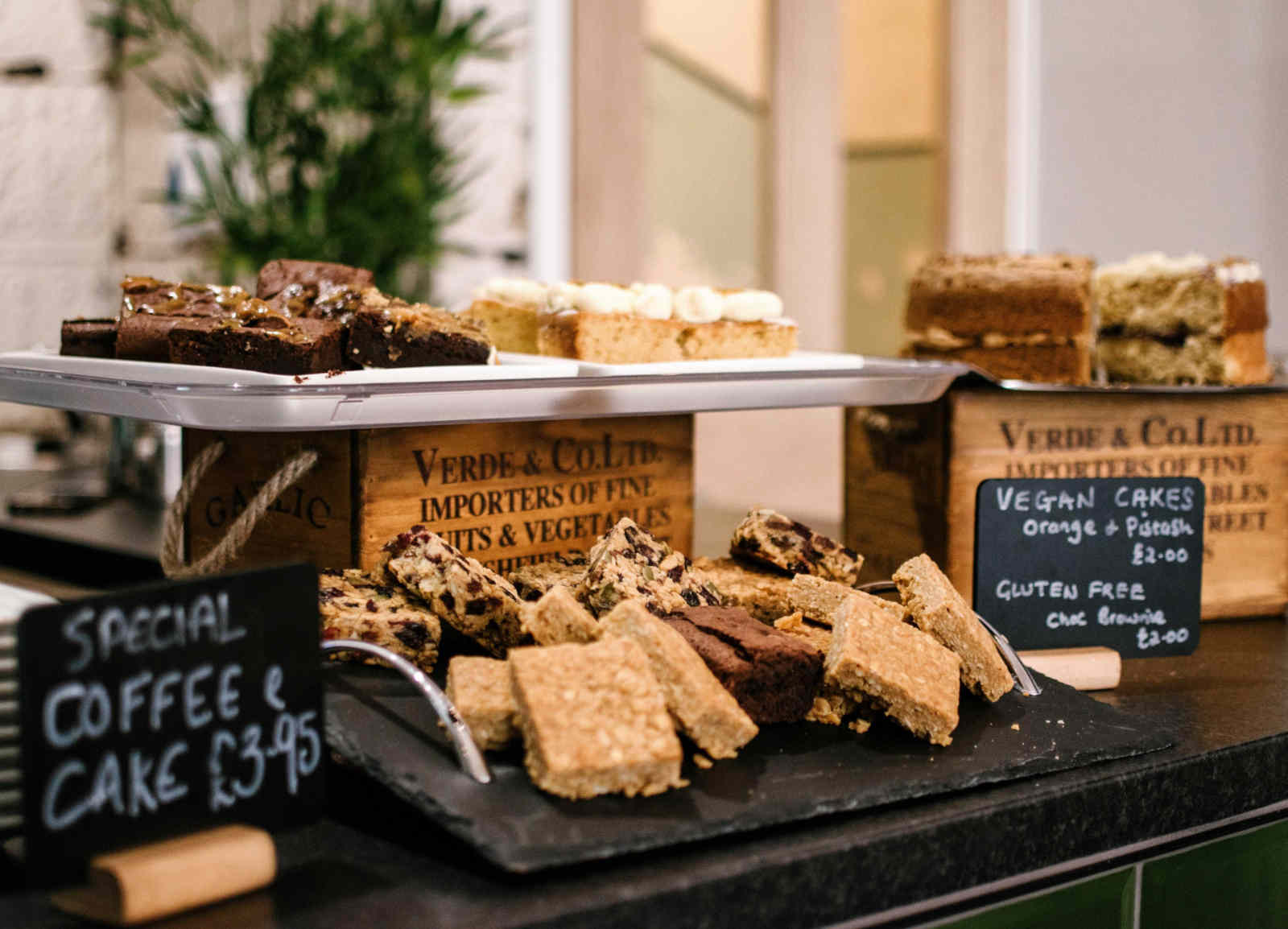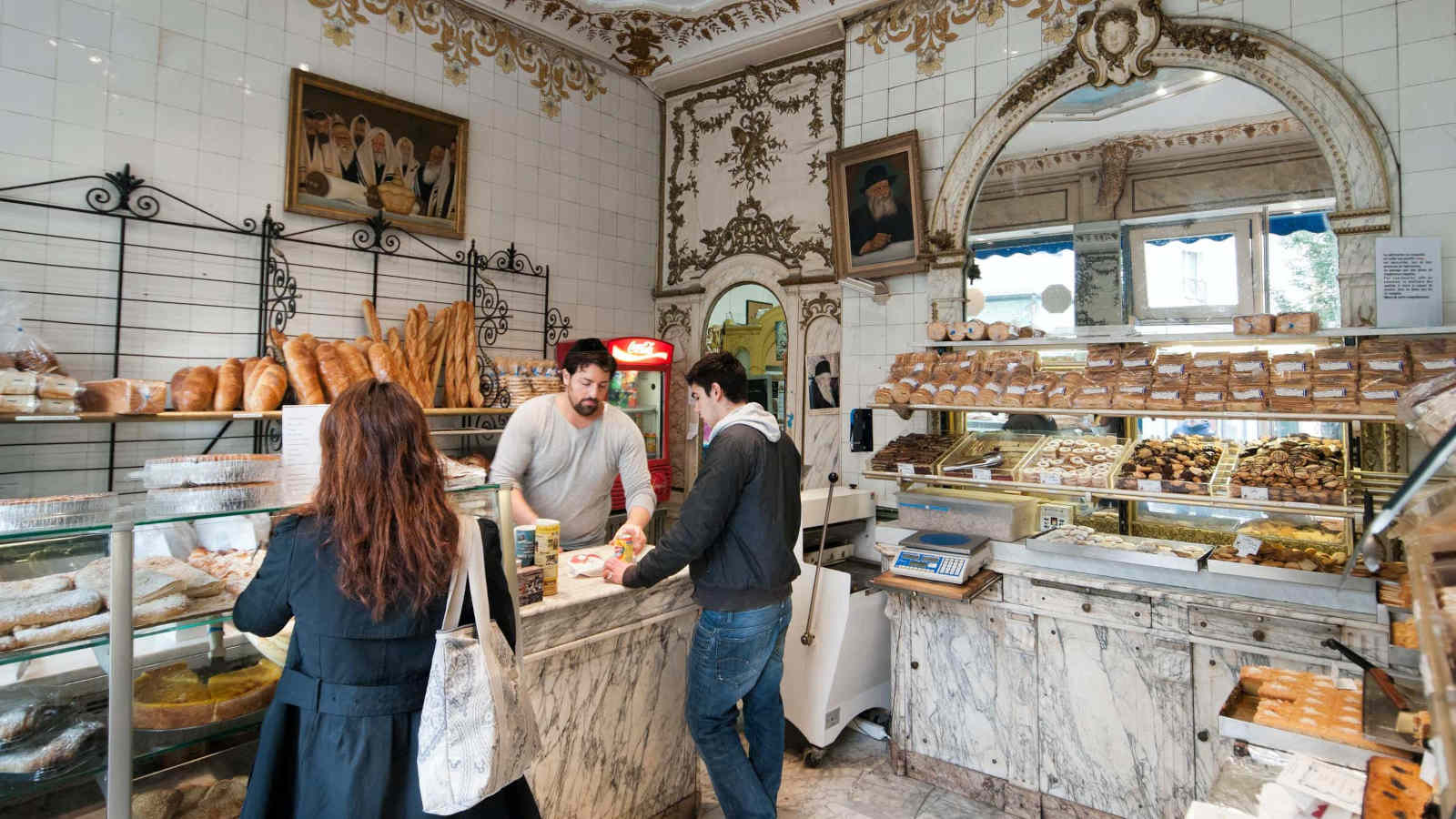
Inspired by ‘The Great British Bake Off’? Here’s how to become a successful baker!
Do you watch The Great British Bake Off and dream of starting your own baking company? You aren’t alone – many people enjoy baking for their friends and family, but only a few have the motivation to take it a step further.
Starting your own bakery is a lot harder than it seems, but with the right certifications, tools, and software, you can become a successful baker just like those on The Great British Bake Off. Keep reading to find out how!

1) How do I know if baking is for me?
If you love food as much as Paul Hollywood loves making puns about how tasty contestants’ bakes look, then this is definitely for you. However, don’t let novices run the show. The Great British Bake Off features contestants with a wide range of experience, and that’s how it should be.

2) How much money will I need to get started?
You can rent a commercial building or even start selling from your own kitchen with the right certifications, tools, and software. In Britain, where The Great British Bake Off is filmed, small baking businesses make around £55,000 GBP (~$77,000 USD). However, you’ll need to know what type of business structure to use and which licenses apply to you.

3) How do I know what type of business structure to use?
Sole Trader: This is a very simple business model for new bakers. As a sole trader, you’ll be the only person responsible for the company’s profits and losses, which means all money earned will go directly into your pocket. The downside is that there’s no separation between the baker and their company – if anything goes wrong, they’re both at fault.
Partnership: This is similar to being a sole trader, but with an important difference – each partner takes responsibility only for their own work rather than everything from start to finish.
This protects them from any quick-to-sue clients who might have been burned by your baking skills. A partnership is a more complex business model, which is why it’s advocated for larger companies that have opportunities to grow. The upside is that there’s less risk involved.

Limited Company: This is the safest of all options and involves creating a company with financial protection from any lawsuits or losses.

4) How do I get started?
Once you’ve made up your mind on which business structure to use, there are some key steps you’ll need to take. Your business needs a name and website, an accountant, a banker who knows about the baking industry, liability insurance if anyone sues you for baking mishaps, building insurance for rental properties, and public liability insurance.
All of these will help when getting additional licensing needed to open your bakery or when proving what type of company you have.

5) How do I find the right space for my bakery?
Bake Off-inspired entrepreneurs have a few options when it comes to where to set up shop. You can rent a commercial building, start selling from your own kitchen with the right certifications, tools, and software, or go the pop-up route.
No matter which you choose, make sure to scope out the competition and see what similar businesses are charging for their goods and services.

6) How do I get customers?
Word of mouth is the best advertising, so make sure your bakery is producing delicious (and Instagrammable) goods. You can also put-up flyers, reach out to local businesses, or partner with a catering company.

7) How do I price my goods?
Don’t undercut yourself – remember that your time, ingredients, and effort are worth something. Start by researching what other bakeries in your area are charging for their products and services, then adjust accordingly.

8) How do I handle inventory and supplies?
Make a list of what you’ll need to get started, then place orders as needed. This includes ingredients, baking tools and equipment, packaging, and marketing materials. Once your business starts to grow, you’ll need to look into MRP software to help you manage your materials and resources.

9) How do I keep track of finances?
Your accountant will help with this, but it’s important to have a general understanding of how your bakery is performing financially.

10) How do I get local regulatory approval?
Once again, this is where your accountant comes in handy. However, it’s worth noting that getting permission to operate a business inside of a residential area or on property that falls under certain zoning restrictions can be difficult.

11) How do I market myself?
There are a multitude of ways to reach out to potential customers, including flyers, social media marketing, and paid advertising.

12) How do I manage my books?
When it comes time to close up shop for the day, make sure all of your receipts are organized and transferred from paper records to an online system.
Finally, and most importantly, please don’t underestimate the amount of work it takes to run a successful, independent baking business.







